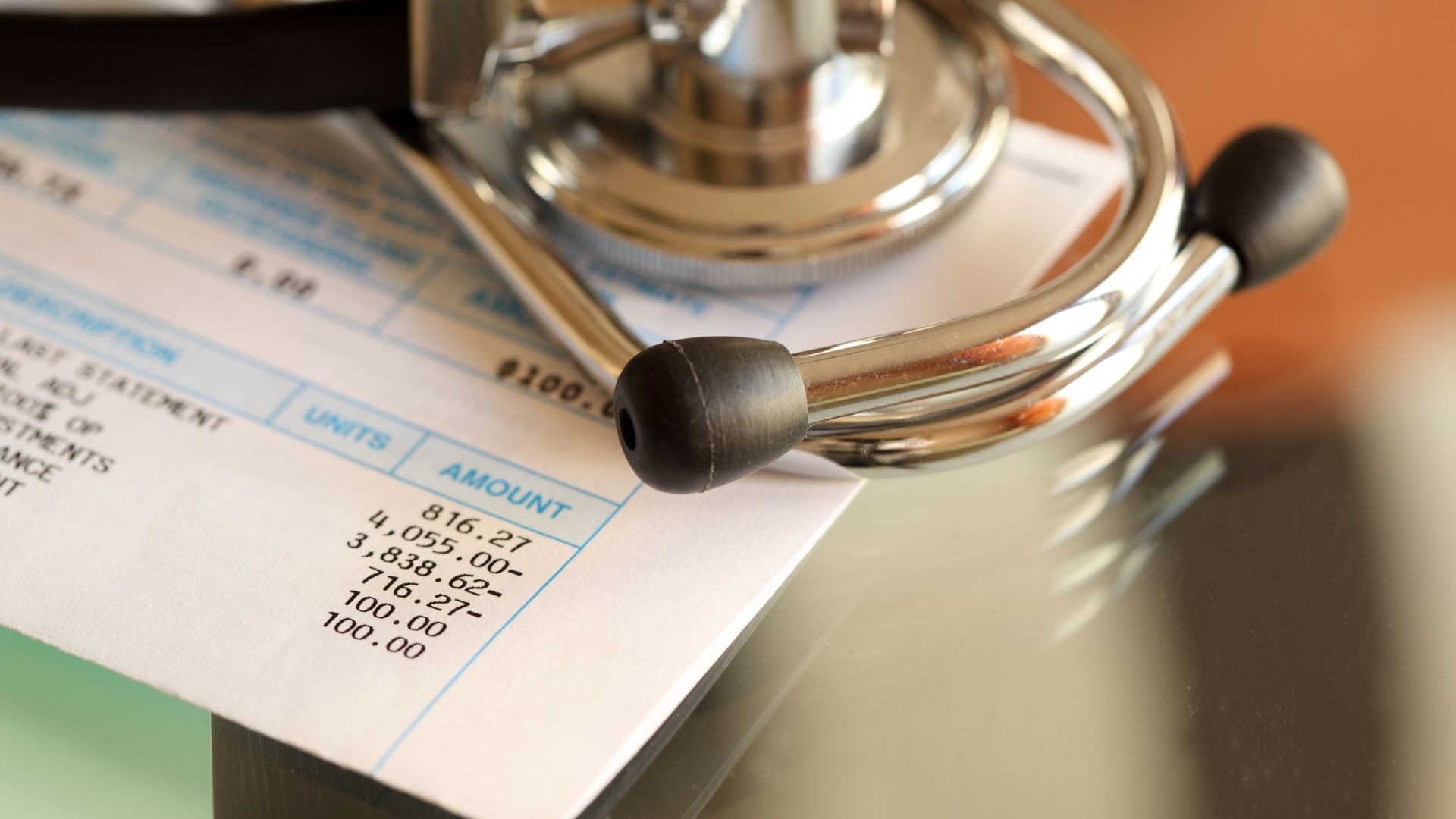
IN THE NEWS
Medical bills squared for 23,896 Arkansans

WINTHROP ROCKEFELLER FOUNDATION
April 2022
Nearly 24,000 Arkansans had their medical debts paid off by philanthropic organizations.
$35.2 million was wiped out for indebted Arkansans across all 75 counties. The 23,896 people helped by the payoff comprise a fraction of the one in five adult Arkansans with medical debt in the hands of collectors, according to a news release.
The payoff covers about $1,500 per person, an amount that is “often disastrous” for asset-limited, income-constrained, employed residents – often called ALICE individuals – said Heather Larkin, president and CEO of the Arkansas Community Foundation.
Those benefiting from the payoff will receive letters from the national nonprofit RIP Medical Debt, which worked with the Arkansas Community Foundation, the Winthrop Rockefeller Foundation, Hope Credit Union, and other donors to collect and distribute the money.
The nationwide growth of debt is not simply a result of bad financial choices, but instead because of the rising costs of basic needs, such as housing, education, transportation, child care and health care, said Joanna Smith-Ramani, managing director of the Aspen Institute Financial Security Program.
“These [expenses] are going through the roof and not keeping up with the income families have to pay for it, and you can’t go without any of these,” she said. A Thursday town-hall meeting held to announce the debt payoff featured a panel of speakers with recommendations for debt prevention rather than elimination.
Recommendations included lowering or capping interest rates on medical debt, limiting wage garnishments and protecting patients from surprise medical bills.
Kevin Ryan, an associate professor in the Fay W. Boozman College of Public Health at the University of Arkansas for Medical Sciences, said there should be “round-tables of stakeholders” willing to come to agreements, regardless of ideology, that create “a level playing field” for everyone to have their health needs met.
“Whatever solution we can come up with, like so many of these complex societal issues, requires everyone to be at the table,” Ryan said. Arkansas has the second-most non-elderly adults in the nation with past-due medical debt, according to 2015 data from Urban Institute, an economic and social policy think tank. Sevier County has the state’s highest proportion of people with medical debt, with 31%.
Debt affects Arkansans of color in particular, with 56% facing debt of all kinds in collections, said Karen Murrell, a project manager with the Asset Funders Network.
According to Urban Institute data, 29% of adults nationwide – and 37% in Arkansas – have debt in collections, said Signe-Mary McKernan, the think tank’s vice president for labor, human services and population. About half of the national total of debt in collections is medical debt, she said.
The median amount of debt in collections for Arkansans is $662 overall and $725 for people of color, according to the data. Americans’ collective debt decreased in the early months of the pandemic, Smith- Ramani said, because people had fewer doctors appointments and generally spent less money. Stimulus payments from the federal government also helped some Americans pay down some of their debts, she said.
